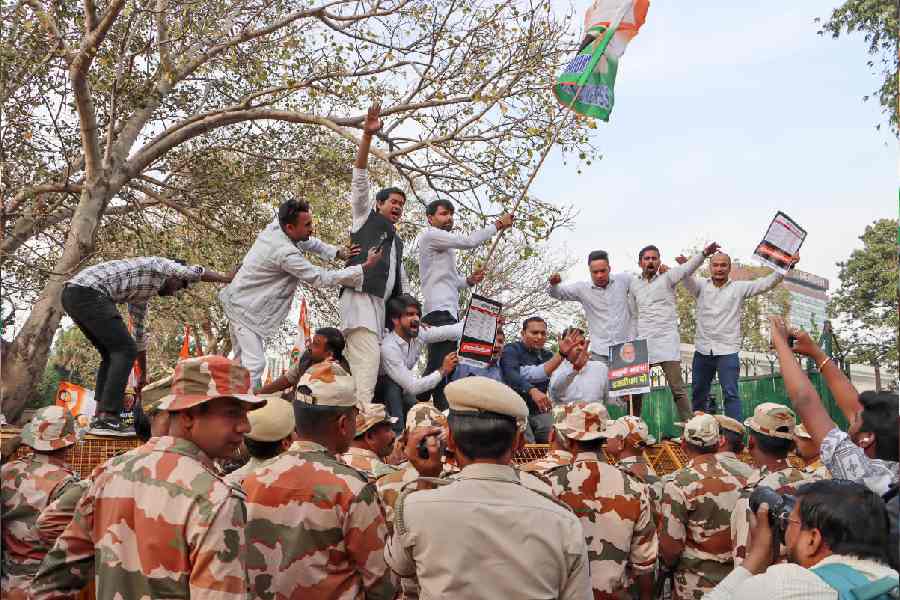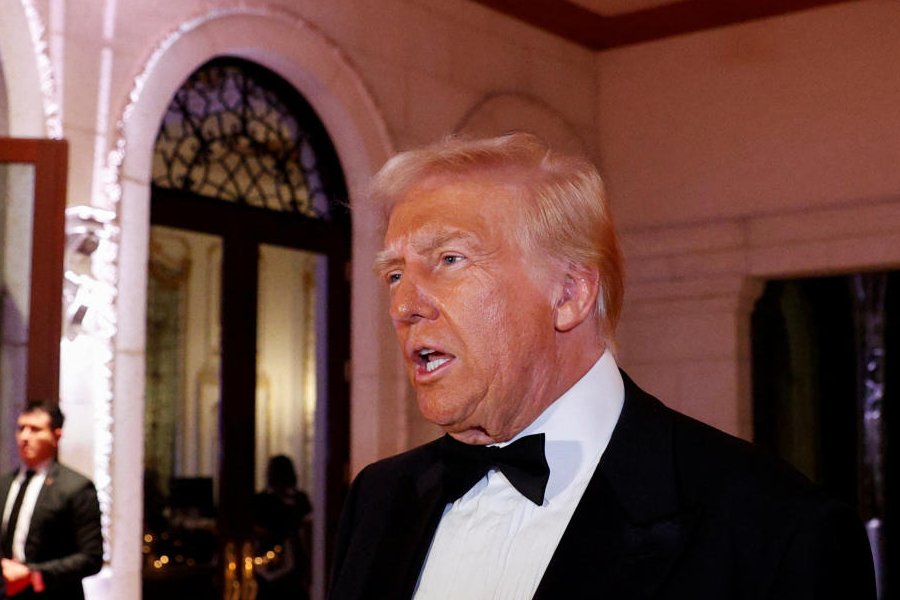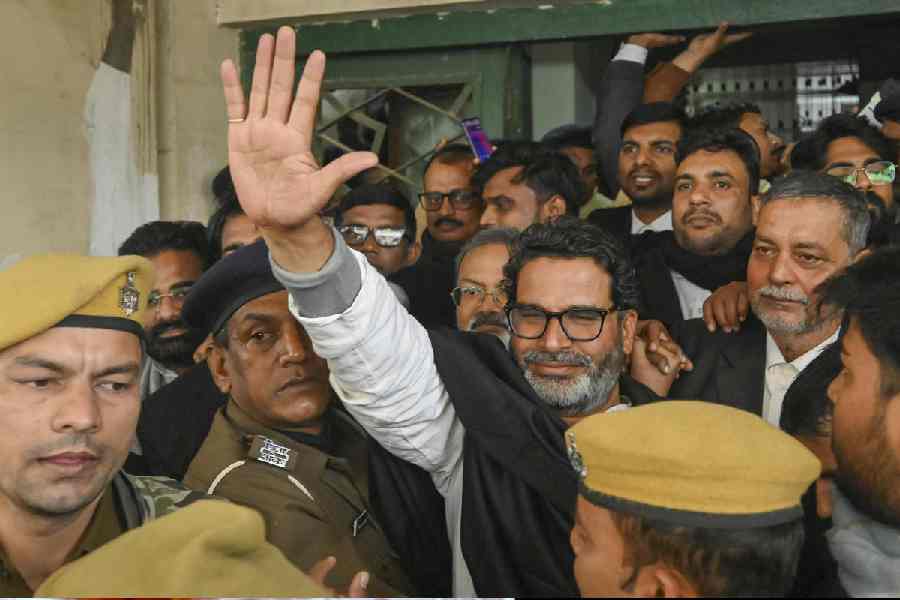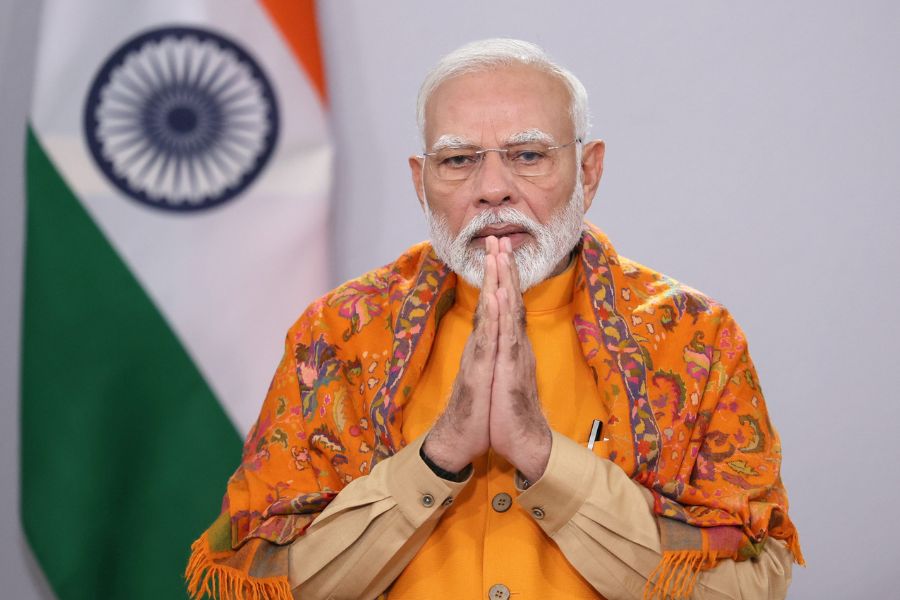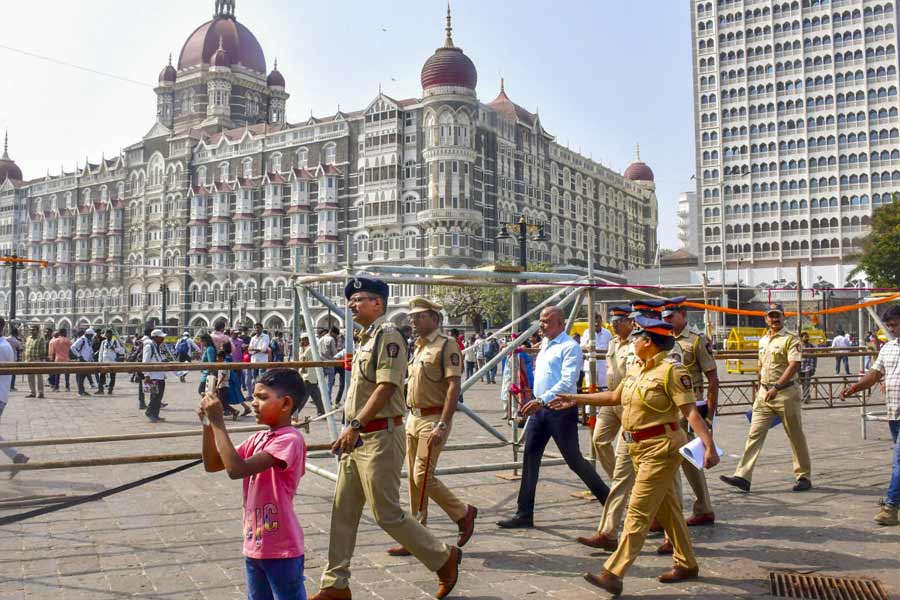The electoral bond scheme denied a level playing field to Opposition parties and crucial information to voters, a key member of an NGO whose Supreme Court petition was instrumental to the scheme’s scrapping said on Saturday.
“The electoral bond scheme severely upset the level playing field, necessary for free and fair elections and a democratic system, because only the ruling party had access to information (about the donors),” Jagdeep S. Chhokar, founder-member and trustee of the Association for Democratic Reforms (ADR), told The Telegraph.
“It also denied the voters their right to information about where the political parties were getting their funds from.”
A constitution bench last month struck down the electoral bond scheme — which allowed anonymous donations to political parties via the public-sector SBI — as “unconstitutional” while saying it could facilitate quid pro quo between donors and ruling parties. ADR was one of the main petitioners.
On Friday, Union home minister Amit Shah said at the India Today Conclave that the apex court should have amended the scheme instead of scrapping it. He did not say what kind of amendment he had in mind.
Chhokar, former professor and dean at IIM Ahmedabad, asked why the government had not then amended the scheme in the six years since its introduction.
“(Besides), the government should then have argued in the court in favour of amendment (instead of defending the scheme),” he said.
Chhokar added: “The main purpose (behind the scheme) was that common people should not be able to link the donors (to the ruling party) and the favours they received from the government. There are reports that many companies got government contracts after giving electoral bonds to the ruling party. That is why secrecy was maintained.”
Shah had said the BJP had received Rs 6,000 crore out of the Rs 20,000 crore donated to all political parties, and that the amount received by the Opposition parties was disproportionate to their numbers in the Lok Sabha.
Chhokar said the total donations through electoral bonds amounted to Rs 16,000 crore and that the BJP had received more than half of it.
Shah has claimed that the scrapping of the scheme will allow black money to return to political funding.
But Chhokar argued that the electoral bond scheme was worse than the previous system of donating to political parties.
“Now we are back to the previous system. It had its own flaws, but the electoral bond scheme worsened the process of political funding,” he said.
Chhokar said many companies had donated much more than their profit and share capital, which meant that political parties had received “unaccounted and illegitimate” money.
“The Prevention of Corruption Act provides for action against public servants possessing assets more than their known sources of income. The extra assets are presumed to have been wrongly acquired. Similarly, these extra funds — beyond the companies’ profits — donated through electoral bonds is wrong,” he said.
“The (investigative) agencies are unlikely to act because they work under pressure from the government. (So) the people at large should seek investigation and action by going to court and putting pressure on the agencies.”
The pre-bond system did not allow loss-making companies to donate to political parties. Profit-making companies were allowed to donate only up to 7.5 per cent of their average profit across the previous three years.

